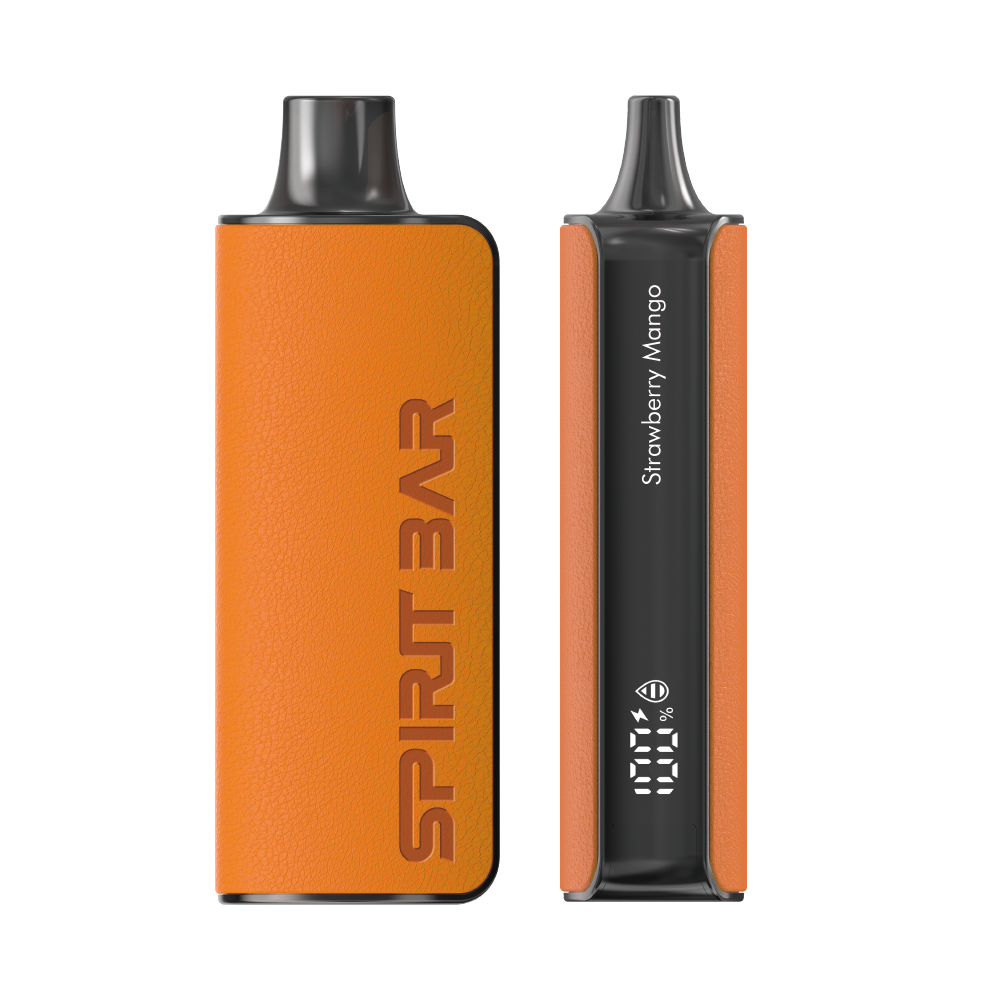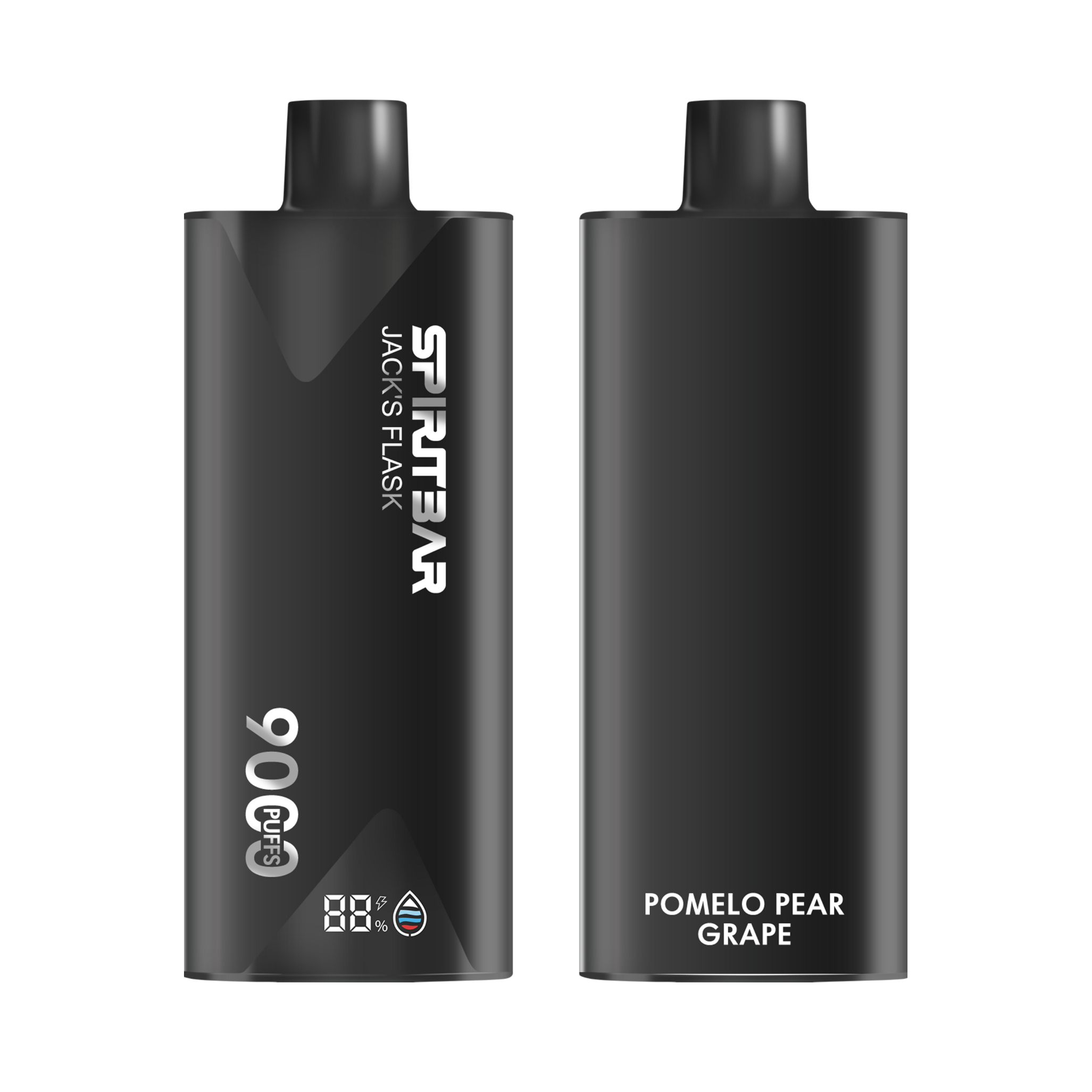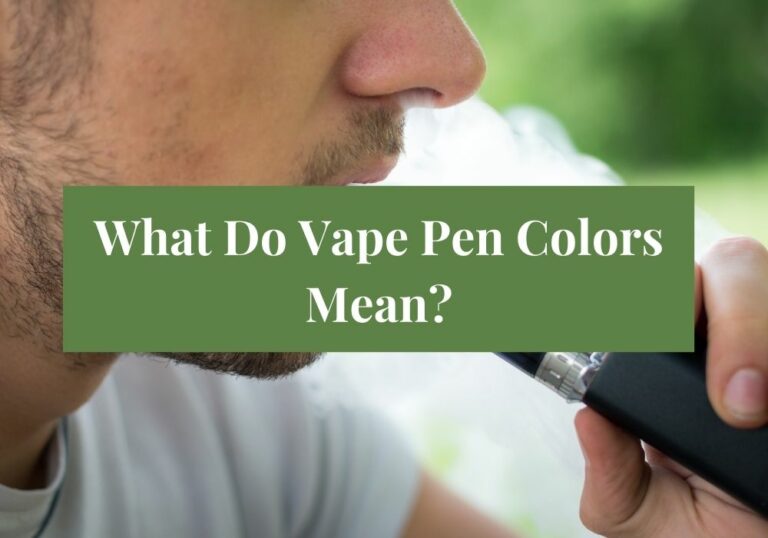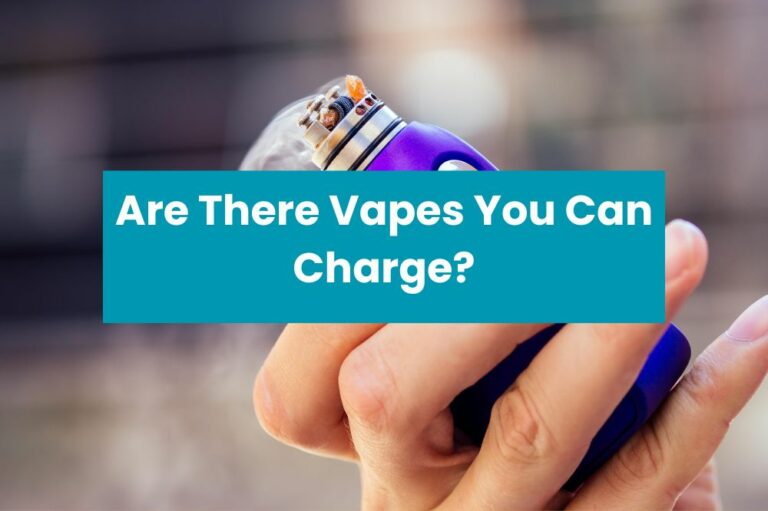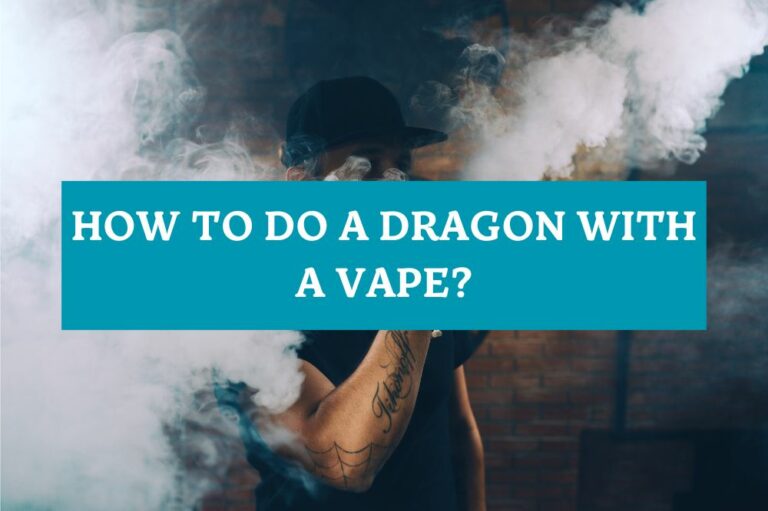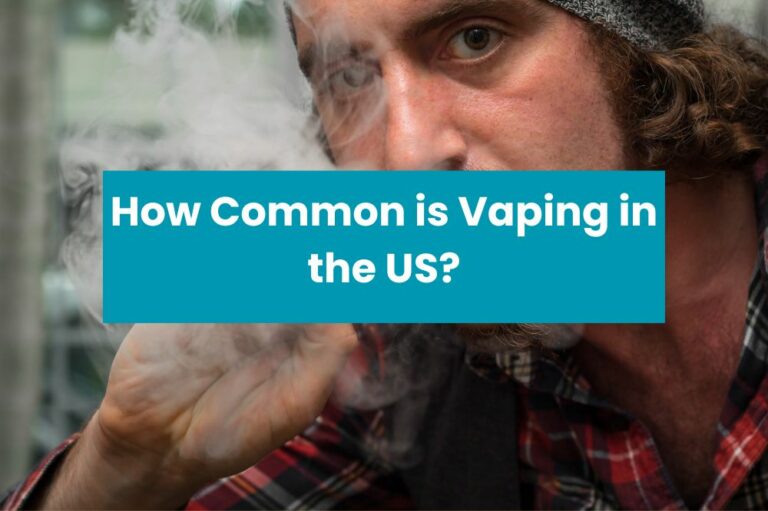Is Shipping Vape Juice Illegal?
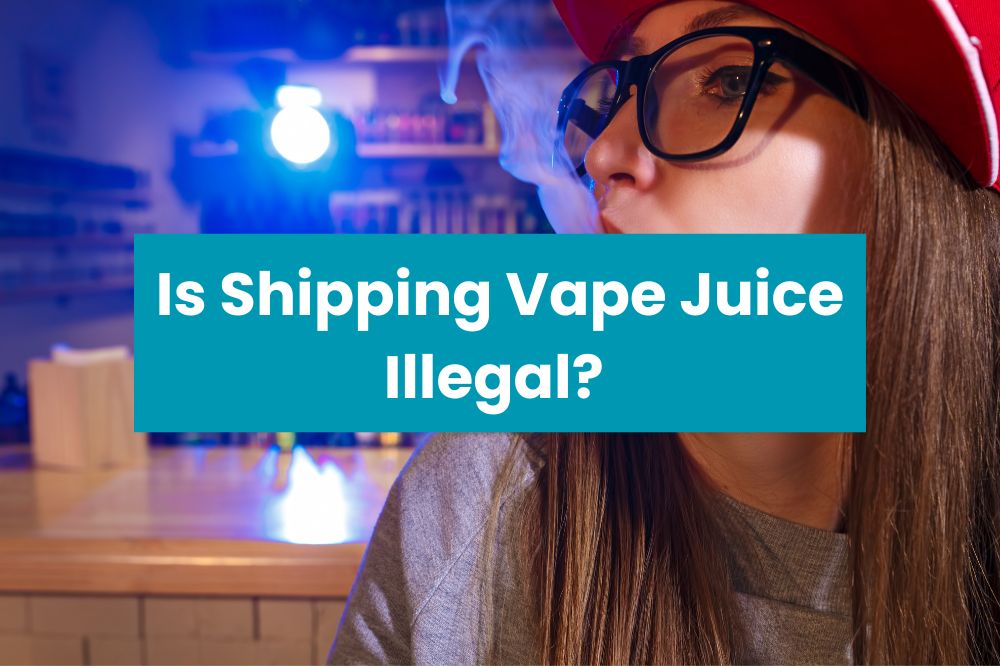
If you’re an avid vaper, you might be wondering if it’s legal to ship vape juice. The answer is not a straightforward yes or no. While it’s legal to ship vape juice within the United States, there are certain regulations and restrictions you need to be aware of. In this article, we’ll explore the legality of shipping vape juice and what you need to know before sending or receiving a package.
The vaping industry has faced increased scrutiny in recent years, particularly when it comes to underage use and safety concerns. As a result, there are federal and state regulations in place to regulate the sale and distribution of vaping products. One of the most significant regulations affecting the shipping of vape juice is the Preventing All Cigarette Trafficking (PACT) Act, which was amended in 2021 to include electronic nicotine delivery systems (ENDS), including e-cigarettes and vapes. The PACT Act requires businesses to comply with specific requirements when shipping ENDS, including verifying the age of customers and properly labeling packages. Additionally, the PACT Act prohibits the use of the United States Postal Service (USPS) to ship ENDS products.
While the PACT Act applies to businesses, individuals should also be aware of the regulations surrounding the shipping of vape juice. It’s essential to research state and local laws before sending or receiving vape juice. Some states have additional restrictions in place, such as flavor bans or age verification requirements. Additionally, private carriers such as UPS and FedEx may have their own policies regarding the shipping of vape juice. By understanding the regulations and restrictions in place, you can ensure that you’re shipping vape juice legally and responsibly.
Understanding Vape Juice
Vape juice, also known as e-liquid or e-juice, is the liquid used in electronic cigarettes or vaporizers. It is made up of a few basic ingredients, including vegetable glycerin (VG), propylene glycol (PG), flavorings, and nicotine (optional).
VG and PG are the base ingredients used in vape juice. VG is a thick, sweet liquid that produces large vapor clouds, while PG is a thinner liquid that provides a stronger throat hit. The ratio of VG to PG varies depending on the type of vape juice and the preference of the user.
SPIRITBAR Katana BP10000
- Slender, leather-textured body reminiscent of a katana handle for an authentic samurai feel
- Unique samurai-inspired e-liquid flavor - fruity yet not too sweet, with a luxurious, elegant aroma
- Powerful 650mAh rechargeable battery for extended vaping time
- Large 18ml e-liquid capacity and 10,000 puff capacity
- Advanced mesh coil and e-liquid & power display screens for optimal vaping experience
The special juice captures the essence of the samurai spirit with its rich, smoothly pulsating flavor that brings new satisfaction with every puff. The device's slender, leather-textured design evokes the grip of a samurai's katana, making this product a perfect choice for beginner vapors.
Flavorings are added to vape juice to provide a variety of tastes, from fruity to dessert-like flavors. Nicotine is an optional ingredient that can be added to vape juice in varying strengths, from 0mg to 50mg or higher.
It is important to note that while vape juice may contain nicotine, it is not tobacco and does not produce smoke. Instead, it produces vapor that is inhaled by the user.
When purchasing vape juice, it is important to ensure that it is made by a reputable manufacturer and that the ingredients are clearly labeled. It is also important to follow proper storage and handling procedures to ensure the safety and quality of the product.
Overall, understanding the basic components of vape juice can help you make informed decisions when purchasing and using electronic cigarettes or vaporizers.
The Legal Aspect of Shipping Vape Juice
If you’re wondering whether it’s legal to ship vape juice, the answer is not a straightforward one. There are both federal and state laws that regulate the sale and shipment of vape products, including vape juice. In this section, we’ll break down the legal aspects of shipping vape juice.
SPIRITBAR Jack’s Flask 9000 Puffs
- Stylish pirate flask-shaped body providing an exciting vaping experience
- Delivering up to 9000 puffs per device
- 20ml e-liquid capacity with 50mg nicotine strength for satisfying throat hit
- Specialized pirate-themed e-juice flavors for rich, swirling taste
- Premium mesh coil optimizes flavor profile for maximum vaping enjoyment
This disposable vape captures the daring spirit of the high seas with its flask styling and signature pirate e-juice flavors. The extraordinary battery life provides 9000 indulgent puffs for extended vaping pleasure. Live boldly and freely with the Jack's Flask - a legendary vaping experience fit for a pirate's adventures.
Federal Laws
The most significant federal law regulating the shipment of vape products is the Prevent All Cigarette Trafficking (PACT) Act. The PACT Act applies to all tobacco products, including e-cigarettes and vape juice, and it prohibits the shipment of such products through the United States Postal Service (USPS). The PACT Act also requires businesses that sell vape products to register with the Bureau of Alcohol, Tobacco, Firearms, and Explosives (ATF) and comply with certain tax and reporting requirements.
In addition to the PACT Act, the Food and Drug Administration (FDA) has regulations in place that apply to the sale and marketing of vape products. These regulations include age verification requirements and restrictions on certain types of product advertising.
State Laws
In addition to federal regulations, each state has its own laws regarding the sale and shipment of vape products. Some states have banned the sale of vape products altogether, while others have placed restrictions on the sale and shipment of such products. It’s important to check the laws in your state before attempting to ship vape juice.
In some cases, state laws may be more restrictive than federal laws. For example, some states have implemented their own age verification requirements or have banned certain flavors of vape juice.
Overall, the legal landscape surrounding the shipment of vape juice is complex and constantly evolving. If you’re unsure about the legality of shipping vape juice, it’s best to consult with an attorney or other legal professional.
International Shipping Regulations
If you’re planning to ship vape juice internationally, it’s important to be aware of the regulations surrounding it. Different countries have different rules and restrictions, so it’s essential to do your research before shipping.
The United States Postal Service (USPS) has a list of international shipping restrictions that you should be aware of. Some countries prohibit the import of e-cigarettes and related products, while others may allow them with certain restrictions. It’s important to check the regulations of the destination country before shipping.
In addition to country-specific regulations, there are also international regulations that apply to the shipping of vape juice. The International Air Transport Association (IATA) has specific guidelines for shipping dangerous goods, including vape juice. These guidelines include packaging requirements, labeling requirements, and restrictions on the quantity of dangerous goods that can be shipped.
It’s also important to note that some shipping carriers may have their own restrictions on the shipping of vape juice. For example, UPS and FedEx both have restrictions on the shipping of e-cigarettes and related products.
To ensure that you’re following all of the regulations and restrictions when shipping vape juice internationally, it’s a good idea to work with a reputable shipping provider that has experience shipping these types of products. They can help you navigate the regulations and ensure that your shipment arrives safely and legally at its destination.
SPIRITBAR Katana BP10000
- Slender, leather-textured body reminiscent of a katana handle for an authentic samurai feel
- Unique samurai-inspired e-liquid flavor - fruity yet not too sweet, with a luxurious, elegant aroma
- Powerful 650mAh rechargeable battery for extended vaping time
- Large 18ml e-liquid capacity and 10,000 puff capacity
- Advanced mesh coil and e-liquid & power display screens for optimal vaping experience
The special juice captures the essence of the samurai spirit with its rich, smoothly pulsating flavor that brings new satisfaction with every puff. The device's slender, leather-textured design evokes the grip of a samurai's katana, making this product a perfect choice for beginner vapors.
Penalties for Illegal Shipping of Vape Juice
If you are caught shipping vape juice illegally, you could face severe penalties. These penalties vary depending on the state you are in, the amount of vape juice you are shipping, and other factors.
Here are some of the penalties you could face if you are caught shipping vape juice illegally:
- Fines: You could be fined thousands of dollars for shipping vape juice illegally. This fine could be per package or per violation, depending on the state you are in.
- Imprisonment: In some cases, you could face imprisonment for shipping vape juice illegally. This could range from a few months to several years, depending on the severity of the offense.
- Loss of Business License: If you are a vape shop owner, you could lose your business license if you are caught shipping vape juice illegally. This could result in the closure of your business.
- Seizure of Property: If you are caught shipping vape juice illegally, your property could be seized. This could include your vape juice, shipping equipment, and other items.
It is important to note that shipping vape juice illegally is not worth the risk. If you are unsure about the legality of shipping vape juice, it is best to consult with a legal professional or to stop shipping vape juice altogether.
Alternatives to Shipping Vape Juice
If you are unable to ship vape juice due to legal restrictions, there are a few alternatives that you can consider:
1. Purchase Locally
One option is to purchase vape juice locally. Many brick-and-mortar vape shops carry a wide variety of e-liquids, so you can browse their selection and find a flavor that you like. This may be a bit more expensive than ordering online, but it is a legal and convenient option.
2. DIY E-Liquid
Another alternative is to make your own e-liquid. While this may require some initial investment in equipment and ingredients, it can be a fun and cost-effective way to enjoy vaping. There are many online resources and tutorials available that can help you get started, and you can experiment with different flavors and nicotine strengths to find the perfect blend.
3. Nicotine Salts
Nicotine salts are another option to consider. These are a newer type of e-liquid that use a different form of nicotine that is smoother and less harsh than traditional nicotine. Nicotine salts are often available in pre-filled pods or cartridges that can be used with a variety of devices, and they are legal to purchase and ship.
4. CBD E-Liquid
If you are looking for a non-nicotine alternative, CBD e-liquid may be a good choice. CBD is a non-psychoactive compound found in hemp plants, and it has been shown to have a variety of potential health benefits. CBD e-liquid is legal to purchase and ship, and it can be used with a variety of devices.
Overall, while shipping vape juice may be restricted in some areas, there are still many legal and convenient alternatives available. Whether you choose to purchase locally, make your own e-liquid, try nicotine salts, or experiment with CBD e-liquid, there are many ways to enjoy vaping without breaking the law.
The Role of Shipping Companies
When it comes to shipping vape juice, shipping companies play a crucial role. The major shipping companies like FedEx, DHL, and UPS have their own policies regarding the shipment of vaping products.
According to Wholesale Central, FedEx prohibits the shipment of all tobacco products including vaping products, while DHL has only restricted the shipment of cigarettes to individual consumers. UPS has also stopped transporting vaping products within, to, or from the United States since April 5th, 2021, due to the increased complexity of shipping these products, as reported by Vaping360.
The United States Postal Service (USPS) has also implemented new rules regarding the shipment of vaping products. According to Lion Technology, electronic cigarettes and other vaping products are now considered nonmailable. However, USPS has provided guidance for e-cigarette and e-liquid shippers to help them submit complete exception applications for mailing ENDS products.
Despite these restrictions, some reputable companies like The Dollar E-Juice Club are still shipping their products as usual until they are no longer able to do so, as reported by Market Business News. Some online vape shops are also exploring options such as regional carriers and local deliveries to continue serving their customers.
It is important to note that shipping companies are not the only ones responsible for enforcing regulations on the shipment of vaping products. The PACT Act and other regulations have also impacted the vaping industry, and it is the responsibility of both businesses and consumers to comply with these regulations.
FAQs on Shipping Vape Juice
If you’re wondering whether it’s legal to ship vape juice, you’re not alone. Here are some frequently asked questions about shipping vape juice:
Can I ship vape juice through USPS?
No, you cannot ship vape juice through USPS. The United States Postal Service (USPS) has officially prohibited shippers from sending vapes and e-cigarettes through its network. This ruling also applies to electronic cigarettes and other battery-powered nicotine products. [1]
Can I ship vape juice through other carriers?
It depends on the carrier and your location. Following the passage of the new PACT Act, major private delivery companies announced that they too would stop delivering vaping products, not just to homes but also to businesses. [2] However, some smaller carriers may still allow shipping of vape juice.
Is it illegal to ship vape juice?
It is not necessarily illegal to ship vape juice, but it is heavily regulated. The PACT Act of 2009 amended the law to apply to e-cigarettes and all vaping products. This law regulates the shipment of vaping products and imposes strict requirements on sellers, distributors, and carriers. [3]
What are the penalties for violating PACT Act regulations?
Violating the PACT Act regulations can result in severe penalties. The penalties may include fines, imprisonment, or both. It is essential to comply with the regulations to avoid facing legal consequences.
Can I buy vape juice online?
Yes, you can still buy vape juice online, but you need to be mindful of the regulations and restrictions in your area. Some online retailers may not be able to ship to certain locations due to legal restrictions.
In summary, shipping vape juice is a heavily regulated activity, and it is essential to understand the laws and regulations before attempting to ship any vaping products. It is always best to consult with experts in the field to ensure compliance with the regulations and avoid legal consequences.

